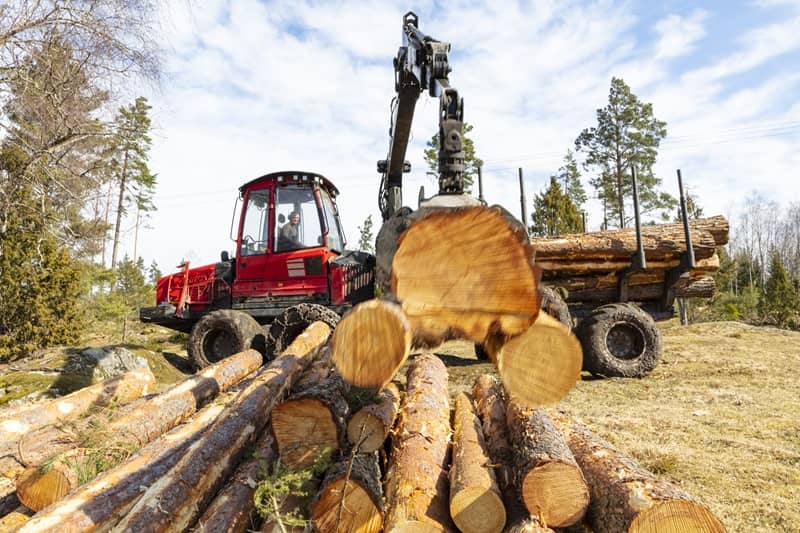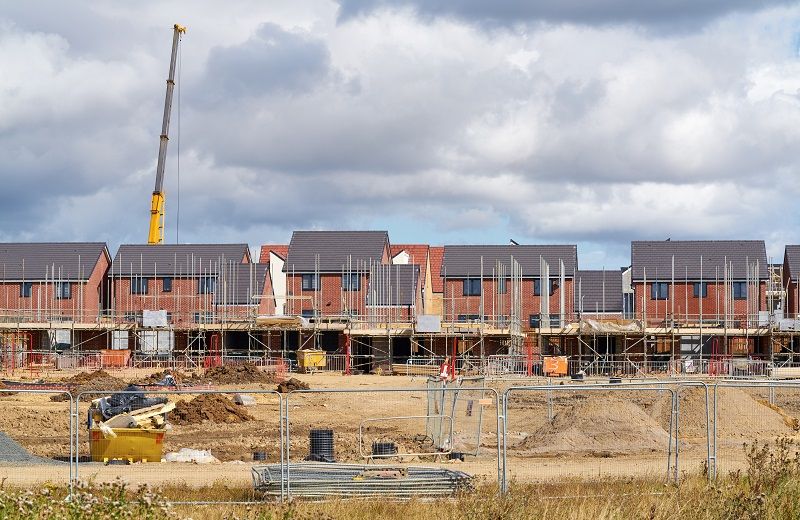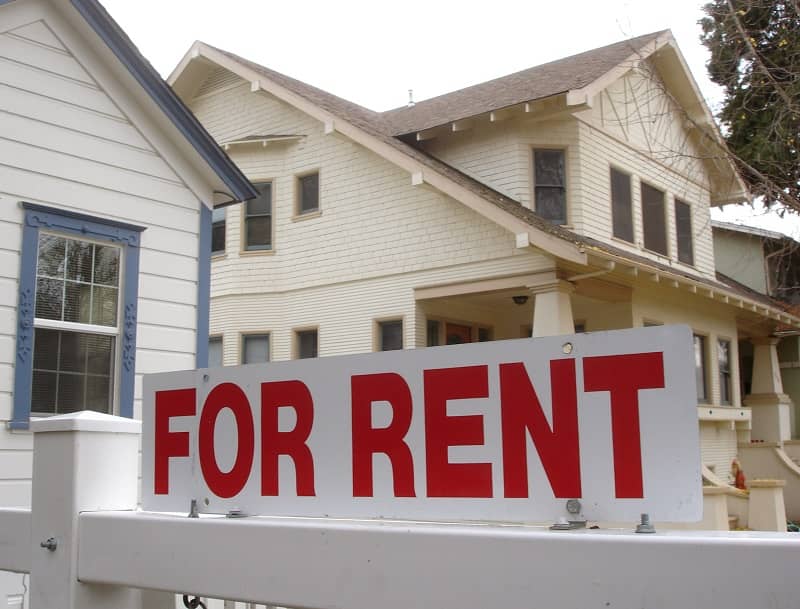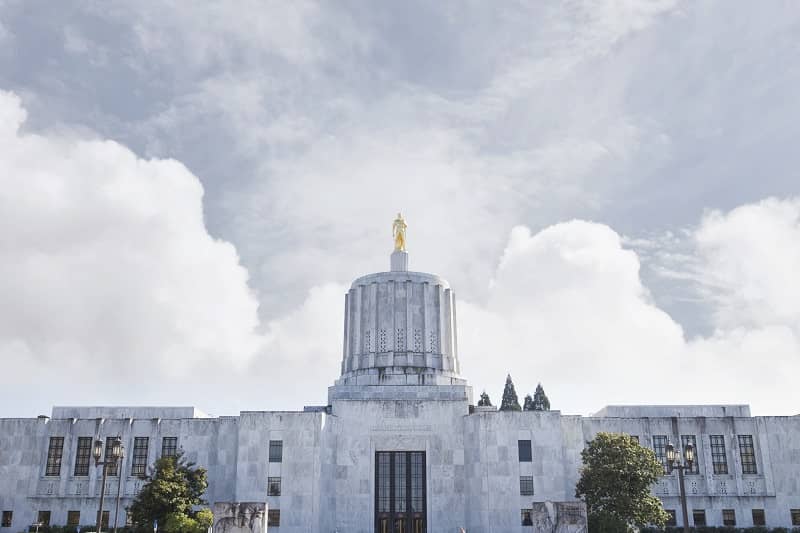By Madilynne Clark
Over-promising and under-delivering has been the habit of Oregon Department of Forestry (ODF) for decades, with businesses and counties enduring financial hardships from ODF’s inconsistent timber sales. House Bill 3103 with the -1 amendment seeks to address these concerns by requiring ODF to create five-year projections on Sustainable Harvest Levels (SHL) by December 31, 2026 and to offer one-fifth of this timber for sale annually.
If there is a deficit in volume from the previous year, it will be added to the volume of the following year. The proposal also accounts for exceptions due to changing forest dynamics like wildfire, disease, and pests. HB 3103 also grants standing for those receiving funds from state timber sales to sue ODF if the SHLs are not published or met.
In the 1940s, counties placed thousands of acres of forest land in a public trust with the state of Oregon. Millions of dollars were expected to be generated from this arrangement. But in recent decades, ODF has consistently failed at meeting sale projections.
In a state with some of the most stringent timber harvest regulations worldwide, unpredictable harvest levels will cause end-users to import timber from less regulated regions. Oregon timber is harvested responsibly, but the only way to ensure that Oregon’s environmental priorities are impactful is by creating a consistent supply of Oregon timber products.
Madilynne Clark is a Policy Analyst at Cascade Policy Institute, Oregon’s free market public policy research organization.












